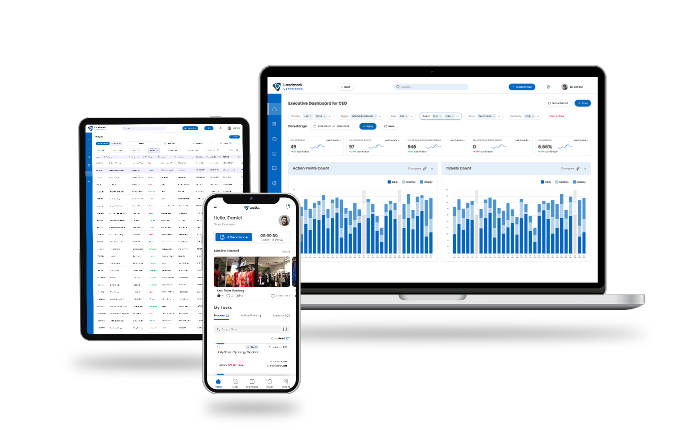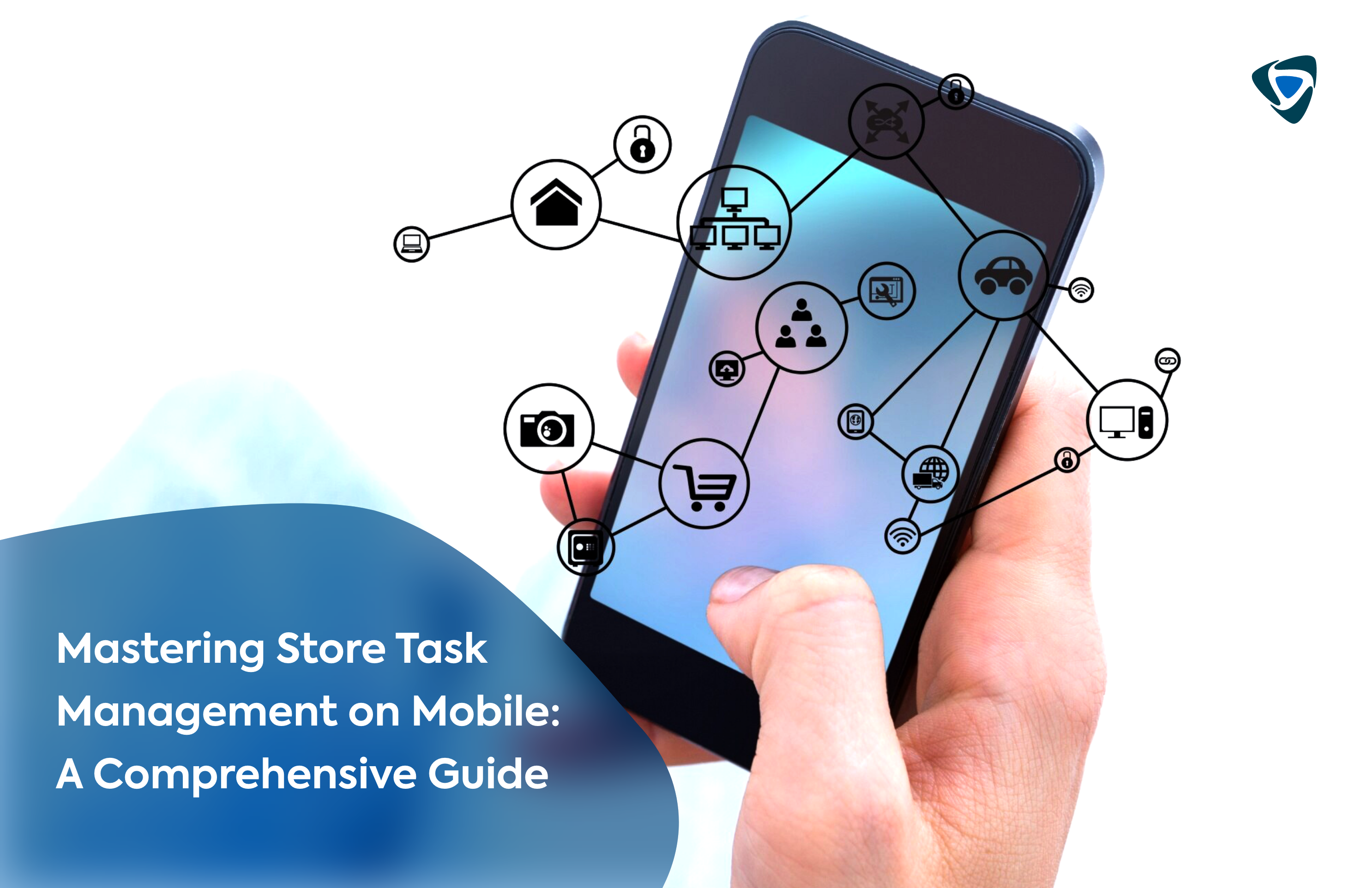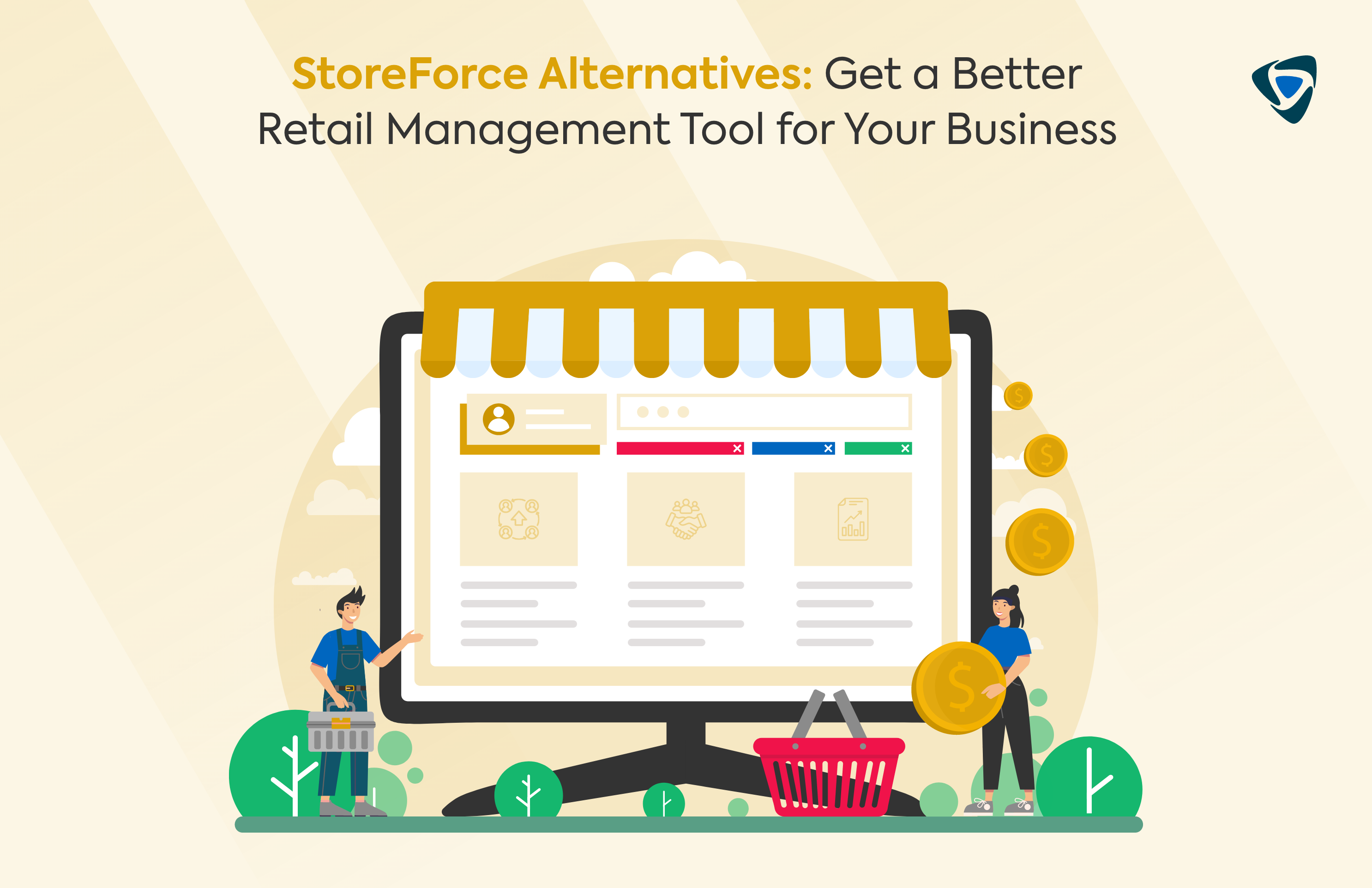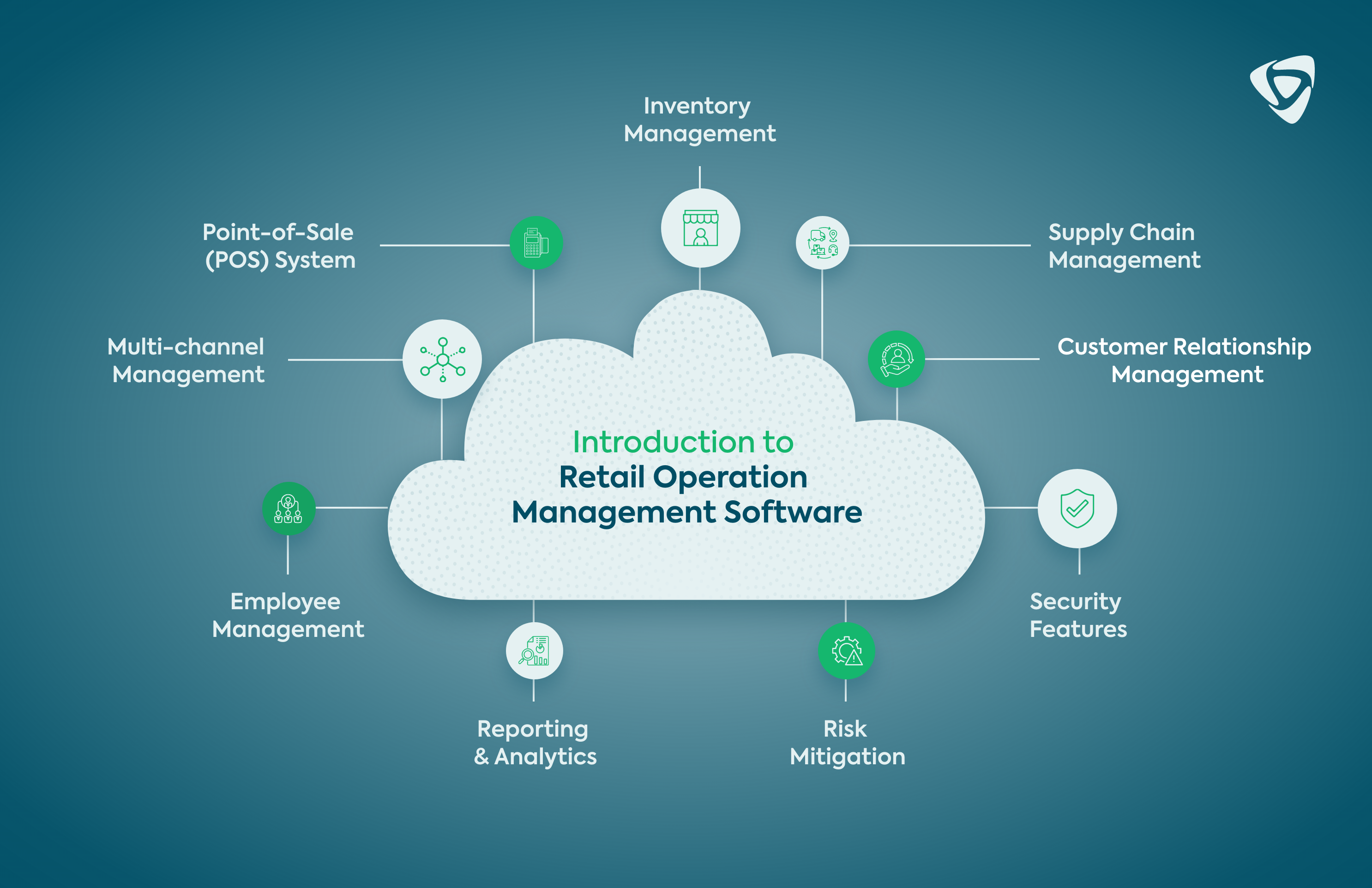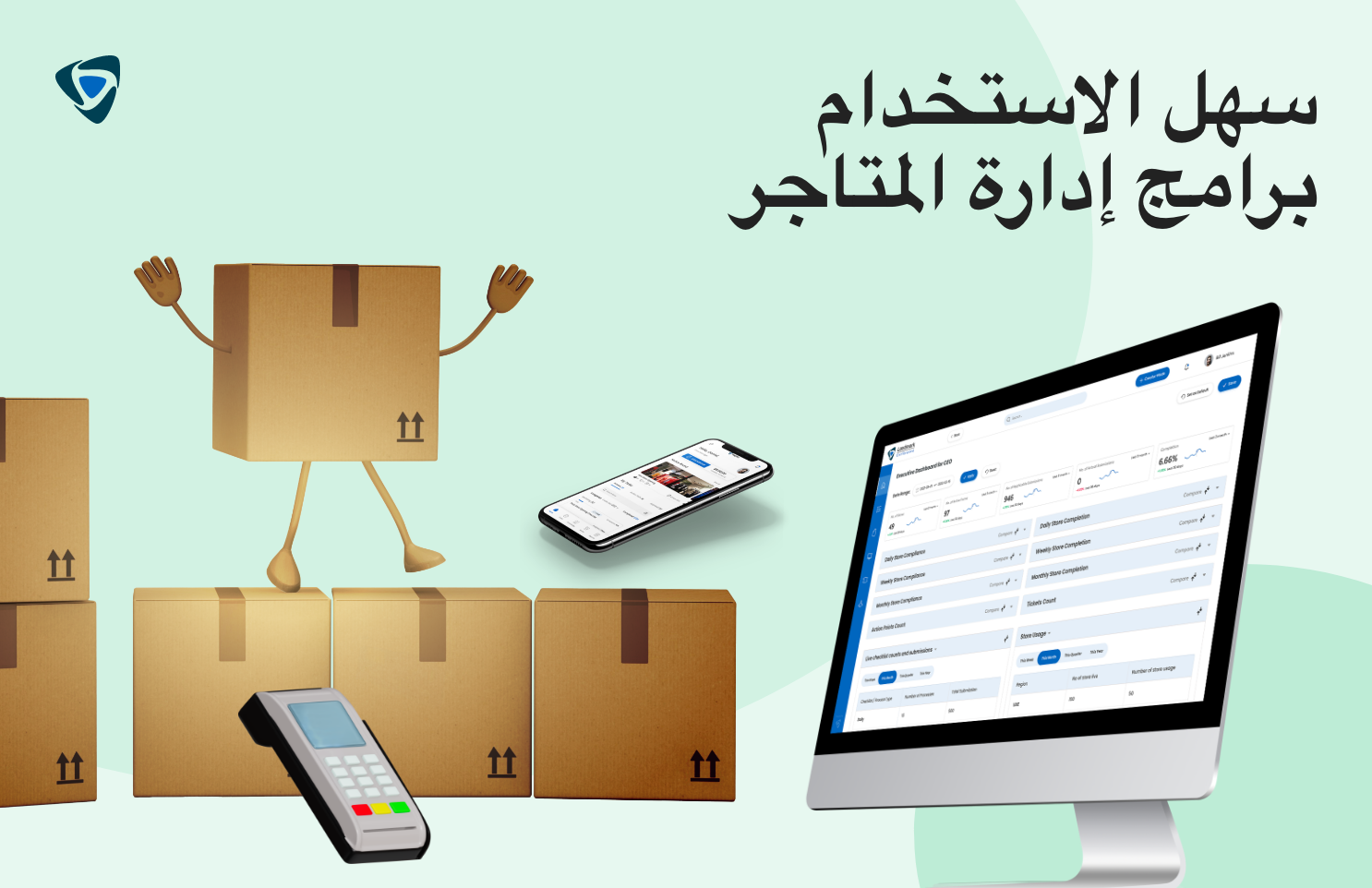Guide
Restaurant Management Software | Why Restaurant Management Software is a Must-Have!
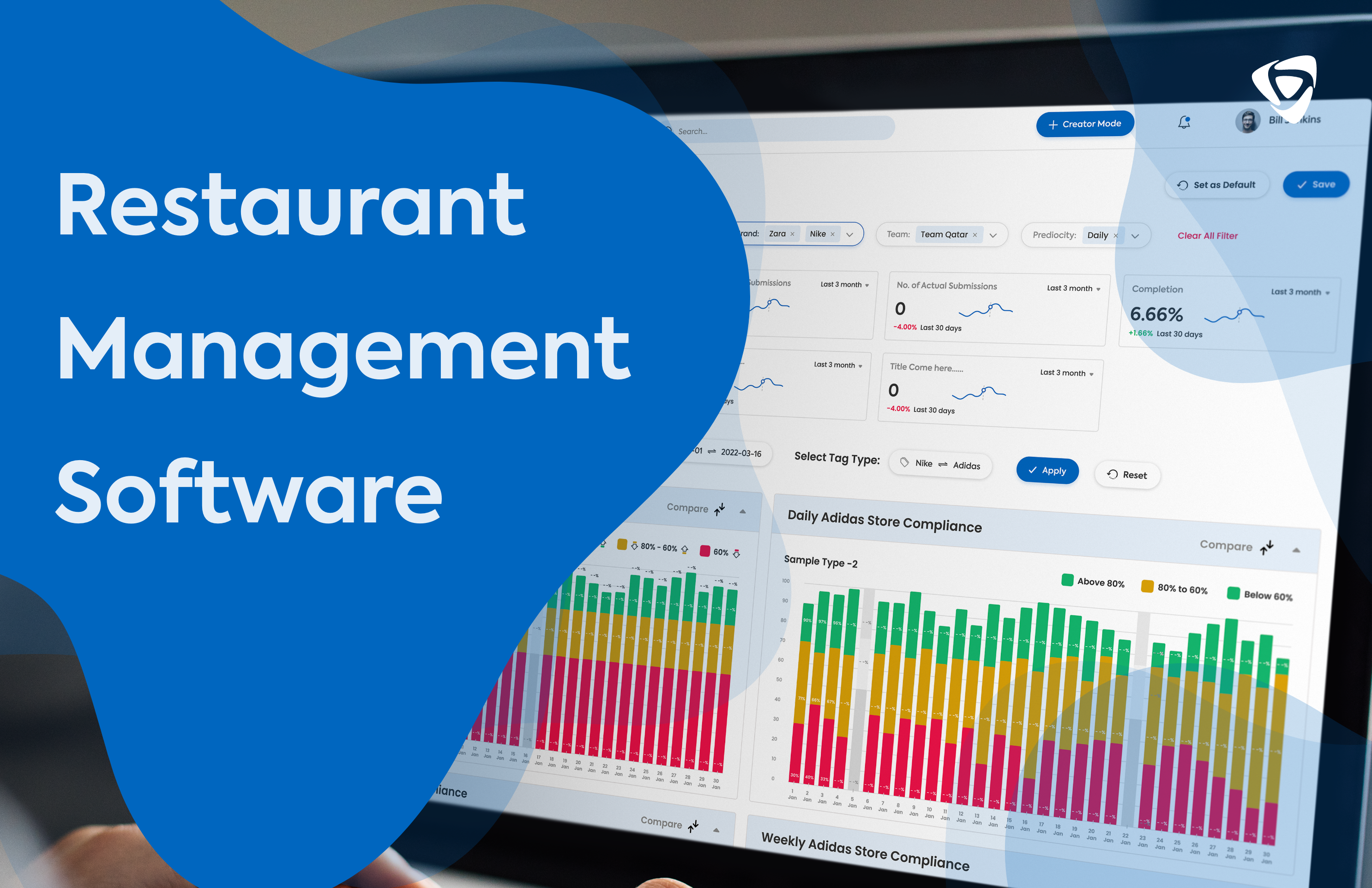
Restaurant Management Software
Restaurant Management Software is a technological solution that has revolutionized modern restaurant operations across its multiple outlets. Restaurant Management Software is a technology that plays a pivotal role in the food and restaurant sector. The use of technology enhances the efficient and smooth running of retail management cost-effectively. Restaurant Management Software has all the digital tools you need for the smooth functioning of your restaurant outlets. This tool is specially designed to streamline the various tasks of restaurant management. The system also helps streamline a series of regular tasks at a restaurant. Using technology for efficient operations also guides you to make informed and data-driven decisions. This blog will walk you through everything about Restaurant Management Software. Continue to know the key features of RMS and everything you need to choose the best option for you.
What exactly is a Restaurant Management Software?
A Restaurant Management Software (RMS) is a complete software system designed to facilitate the smooth everyday operations at a restaurant. It acts as the central nervous system of a restaurant streamlining various functions like order processing, menu, inventory control, reservations, table management, staff management, customer data collection, Point of Sale integrations, online orders, analytics and reporting, daily task management and more across multiple outlets of your restaurant chains.
The standard restaurant management software has extensive safety and security to keep business data and important information well protected. This tool also keeps all your employees connected and responsible through a single system enabling consistent experience and overall success of your restaurant outlets.
Key Features and Functions of Restaurant Management Software
Restaurant Management Software offers a wide range of smart tools, features, and functions to facilitate the efficient running of restaurant operations to consistently offer their customers excellent dining experience and customer service. let us take a look at some of the top features of an RMS.
1. Point of Sale (POS) Systems
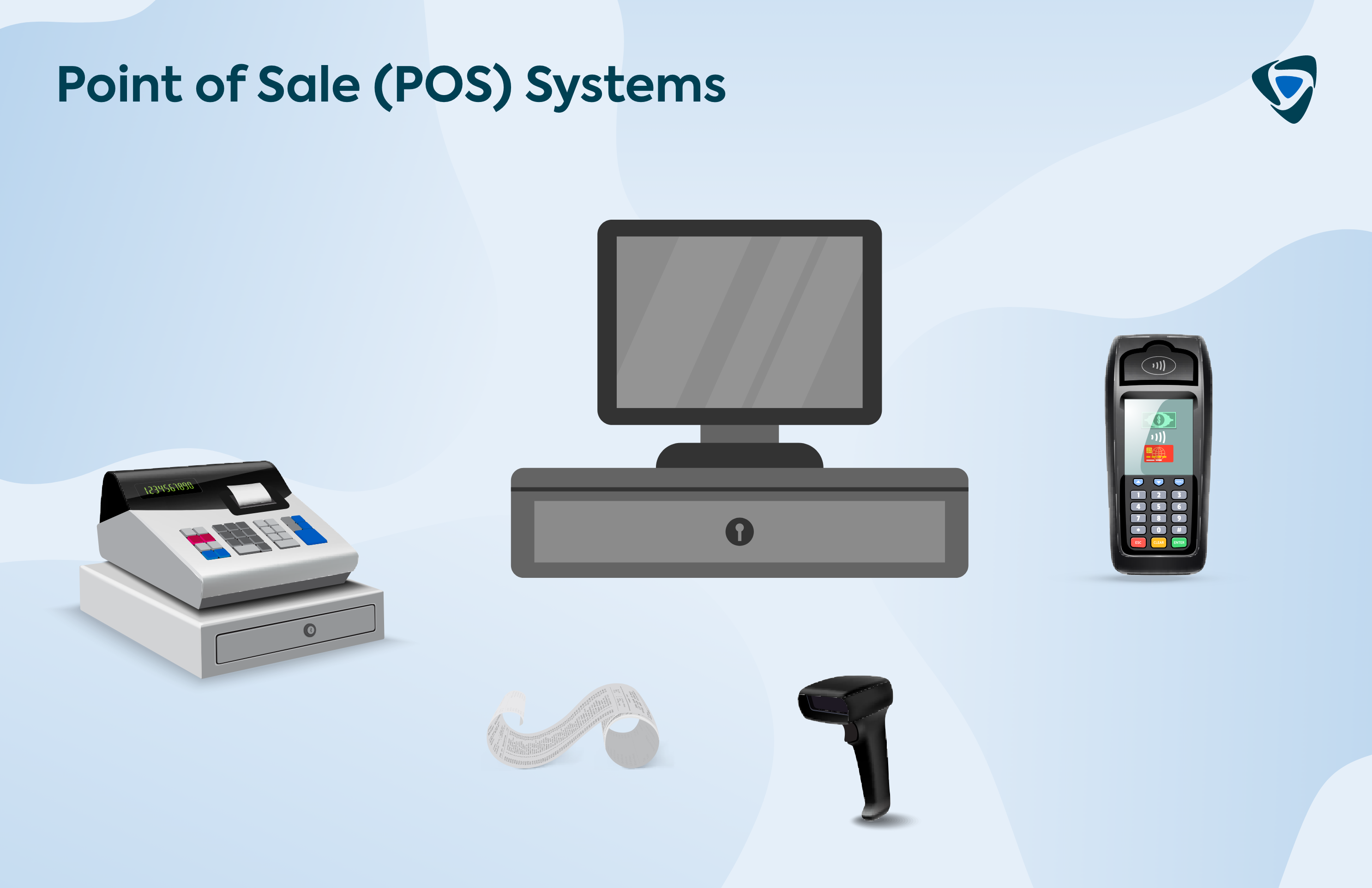
The Restaurant Management Software integrates the store POS system ensuring efficient and secure processing of payments while keeping track of all the modes of payment as well. Changes made to the menu pricing are instantly reflected in the POS integrations which helps avoid errors during the payment process.
2. Inventory Management
The Restaurant Management Software offers real-time monitoring ti the level of inventory aiding the restaurant store teams and the owners to keep track of daily stock levels and take actions accordingly. RMS ensures proper inventory control as there are automated ordering options to ensure timely delivery of necessary stocks.
3. Table Reservations and Waitlist Management
In this regard, Restaurant Management Software facilitates the ordering process by sending the orders into the restaurant’s kitchen and following the procedures until the end. Moreover, it helps in menu specializations for the specific needs of the patrons as well as menu-based information is stored at a single location. Additionally, this helps in de-cluttering the processes involved such as making the table reservations, allocation of dining tables, and guest count among others. It also helps with mobile and online order management coordination.
4. Employee Scheduling and Management
Restaurant Management Software simplifies activities such as arranging staff shifts and duties of different employees. Leading restaurant management software like Taqtics makes it possible to track the productivity analysis assessment of the staff, work hours, working shifts, assigning duties, and attendance tracking.
5. Reporting and Analytics
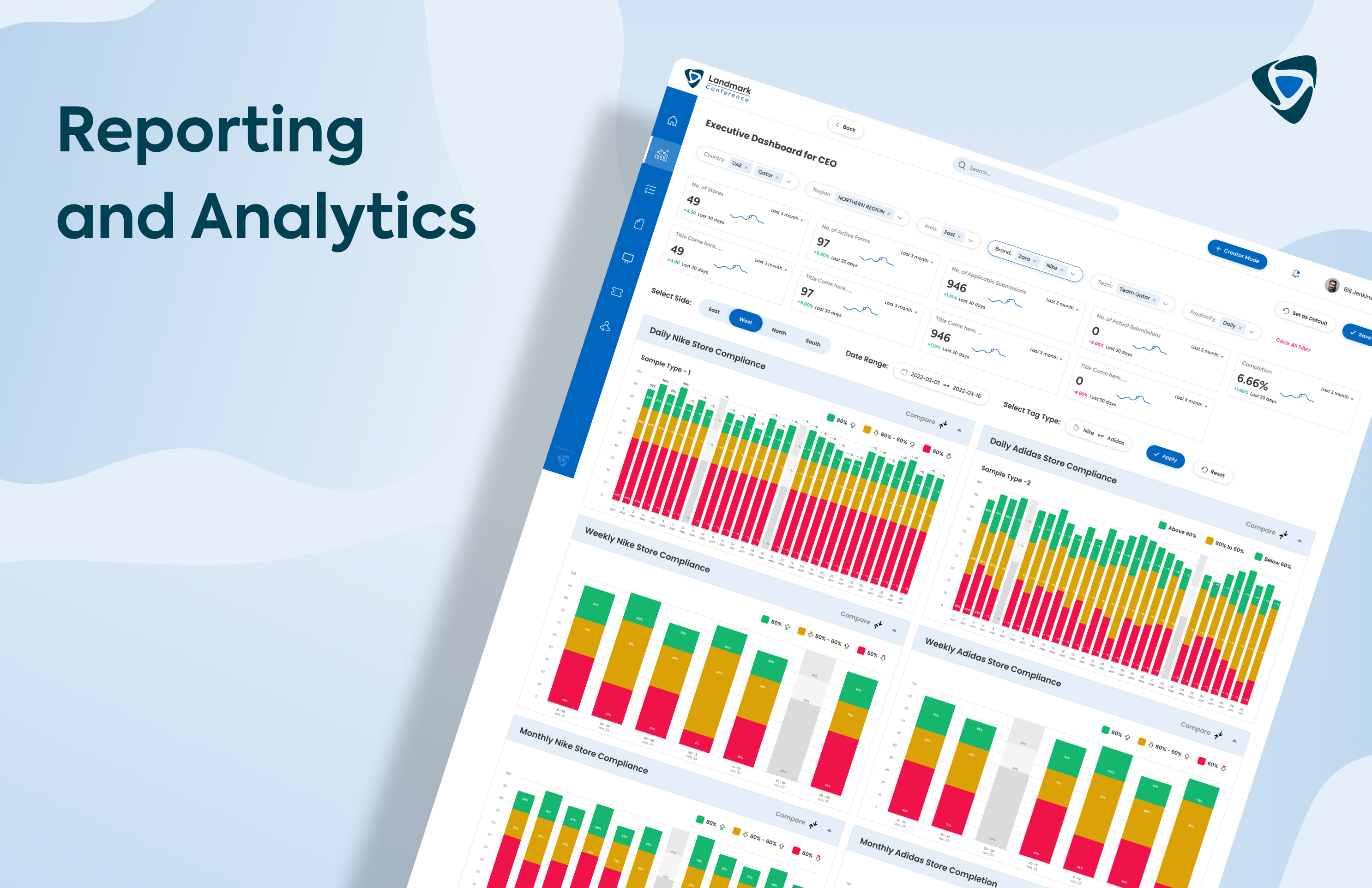
The Restaurant Management System stores the daily collected data from your restaurant, which can then be used for generating reports and analytics. The generated reports comprise trending items, best-selling items and sales patterns, preferential menus, and busy hours during which informed decisions regarding data-driven menus and marketing could be made.
6. Food hygiene and safety
Restaurant management software sends the restaurant teams automated reminders for regular food hygiene and safety practices. Restaurant management software ensures that your restaurants are following all the latest food safety practices.
Here, Restaurant Management Software becomes useful and manages everything related to multiple restaurants which ensures uniformity of quality customer experience across various places.
Benefits of Restaurant Management Software
The use of Restaurant Management Software will provide you with multiple tools, characteristics, and functionalities that make your restaurant performance have numerous positive effects on things that a conventional restaurant management system may not understand. In this context, we will explain some notable advantages of hospitality industry software.
1. Increased Efficiency
Restaurant Management Software streamlines the order processing, inventory management, and employee planning processes, thus eliminating the probability of incorrectness by the humans engaged in these tasks while leaving some time for the workers.
2. Improved Customer Experience
With Restaurant Management Software, it minimizes waiting time, ensures that orders are right on point, and offers faster services hence happy customers and repeat business from them.
Tailored welcome messages, personalized product recommendations on the base of preferences or the history of purchases for each client, and other personalized customer interactions.
3. Cost Savings
Through real-time inventory tracking, the minimization of food waste is achieved by managing the expiration date of commodities and adjusting order quantities for optimal levels. Restaurant Management Software gives information about the peak hours and the customer traffic patterns that enable managers to schedule the appropriate number of staff which minimizes labor costs and augments the service.
4. Data-Driven Decision-Making
Restaurant Management Software fetches automated reports and data insights showing sales, costs, as well as the behavior of customers so that one can make informed decisions using the fetched data enabling data-driven decision-making. RMS aids in understanding the changing demand for meals and customers’ tastes, therefore enabling restaurants to change their menus and marketing strategies.
These are some of the numerous benefits offered by the Restaurant Management Software. The traditional system of restaurant management does not cut it anymore in this fast-paced and ever-evolving market.
Choosing the Right Restaurant Management Software
Although same industry, every restaurant and its needs are unique. That is why it is crucial to select the right Restaurant Management Software for your restaurant chains. The nature and needs of your restaurant play an important role when it comes to selecting the right RMS platform. Here are some of the key factors to consider when you are looking for the one!
Factors to Consider
Let us discuss the 3 most important factors that you need to consider when searching for the best restaurant management software system for your restaurant outlets.
- Restaurant Type
There are different types of restaurants from fine dining to fast food and it is very crucial to understand under what type your restaurant chains fall. Here is why it is very important to select the best restaurant management system for you. For example, you need a reservation management system if your restaurant falls under the fine dining experience category whereas when it comes to fast food chains, they need tools to process orders more quickly.
- Scalability and Growth Potential
Implementing restaurant management software requires a lot of effort and training. Therefore, it is recommended to carefully choose an RMS platform because switching from one software to another is not practical nor feasible. So to plan accordingly, shortlist RMS options to the ones that can easily integrate as you scale up your business to accommodate the increasing number of outlets, orders, and customer base.
- Integration with Existing Systems
Ensure that the restaurant management system that you choose offers smooth integration that will enable you to connect with the existing systems.
This is an efficient way to ensure a smooth transfer to the RMS without creating much havoc during the shift to a new RMS platform.
These are the topmost factors to consider when you are browsing through the various Restaurant Management Software. Considering these crucial factors will help you to choose the Restaurant Management Software that is best suited for your restaurant model.
Popular Restaurant Management Software Solutions
Below are some of the top restaurant management software, it offers different tools and features for different types of restaurants and caters to different needs of the restaurant options.
- Taqtics: Taqtics is a restaurant management software that offers features like SOP checklists, attendance tracking, training, content library, digital learning materials, inventory management checklists, store performance data, and employee performance data. It offers all the tools to ensure the smooth running of restaurant operations throughout the business day.
- Toast: Toast Restaurant Management Software can work effectively in different kinds of restaurants of varying sizes. The system provides for a point of sale with built-in customer relationship management modules and restaurant table management features. The system also features order management tools in a digital or online mode. It also provides data analytic techniques and builds customer loyalty programs.
- OpenTable: One of the best software developed for reservations and guest management is OpenTable technology. Fine dining restaurants are among the users of this Restaurant management software which is one of the most common. This makes it easy and efficient to book as well as keep lists for reservation and guest preference.
Before finalizing a Restaurant Management System, it is very important to evaluate the needs of your restaurant, its scalability, and how well a platform integrates with your current systems. In addition to that, conduct thorough research and read reviews on the platform’s existing clients.
Implementation and Training
To get the optimum outcomes from integrating RMS in all your restaurants, you should carefully implement Restaurant Management Software across all your restaurant outlets. The sole direction towards achieving this is through giving the most effective training to all your store staff for proper use of the RMS software. As we know, consistency is the key to keeping your customers satisfied and growing your business, and using an RMS can help you achieve this. Therefore you need a thorough RMS manual to regularly train your staff to ensure every restaurant outlet is on board with confidence with the new system.
Steps to Successfully Implement Restaurant Management Software:
After selecting the right Restaurant Management Software, follow these steps to implement the restaurant management software carefully.
- Careful Assessment: Come up with a list of necessities for your restaurant. To be precise, ask questions such as, what’s essential, which additional tools are needed and how will the tool fit into your restaurant’s daily and long-term needs.4 Considering these factors at hand, choose your RMS vendor.
- Data Migrations, Customizations, and Configurations: In this regard, data migrations involve restaurant chains with traditional systems and restaurants running different software platforms. In this regard, both of them need to be very careful when they are inputting into the site such data. The next step after doing that would be to personalize your menu, and price list, among others.
- Training: Once done with these steps, comes the training stage. This step guarantees that the other store’s team members; from servers to chefs and store managers, will be ready to take advantage of the restaurant software management, hence making it effective.
- Pilot Phase: After doing that, run the Restaurant Management System on a trial basis to establish whether it yields results or otherwise. Conduct testing simultaneously during the phase to detect and rectify any bugs or problems in real-time.
- Full Deployment: After establishing that the Restaurant Management Software is efficient and effective; roll it out throughout all your restaurants. Provide ongoing support updates, troubleshooting, and technical support in running your RMS.
By following these 5 key steps, ensure the smooth implementation of restaurant management software across all your restaurant outlets.
Security and Data Privacy
Another important factor to consider is the safety and security of all the information collected like the customer’s data and payment information. Data leaks are a threat to brand safety and the safety of its customers. To keep the safety of the software in check, ensure that the restaurant management software has extensive encryption and that the software is regularly updated.
Case Studies and Success Stories
The best place to get to know about a restaurant management platform is to look into various case studies, and success stories, and read reviews. This will help you gather an honest idea about the platforms you are looking into. You can use this information to compare between platforms and will offer you insights on the progress of brands after implementing a platform.
Future Trends and Innovations
With fast-paced technological advancements happening every day, AI-powered tools are taking place every passing day in most industries including restaurants. AI tools today already help restaurants with instant customer service using chatbots. While some of such AI tools are up and running, we can expect AI tools to continue to be more updated and effective in menu customization and so much more.
Conclusion
In the technology-driven era of today, adopting restaurant management software can bring your business tremendous and long-lasting benefits. As we discussed above, every restaurant has unique needs which is why it is essential to browse the different options and find the platform that best aligns with your business requirements. Start by researching leading RMS providers like Taqtics. Request for demonstrations and trials to get the picture of real-time experience and understand how it can benefit your business.
 Schedule A Demo
Schedule A Demo 


